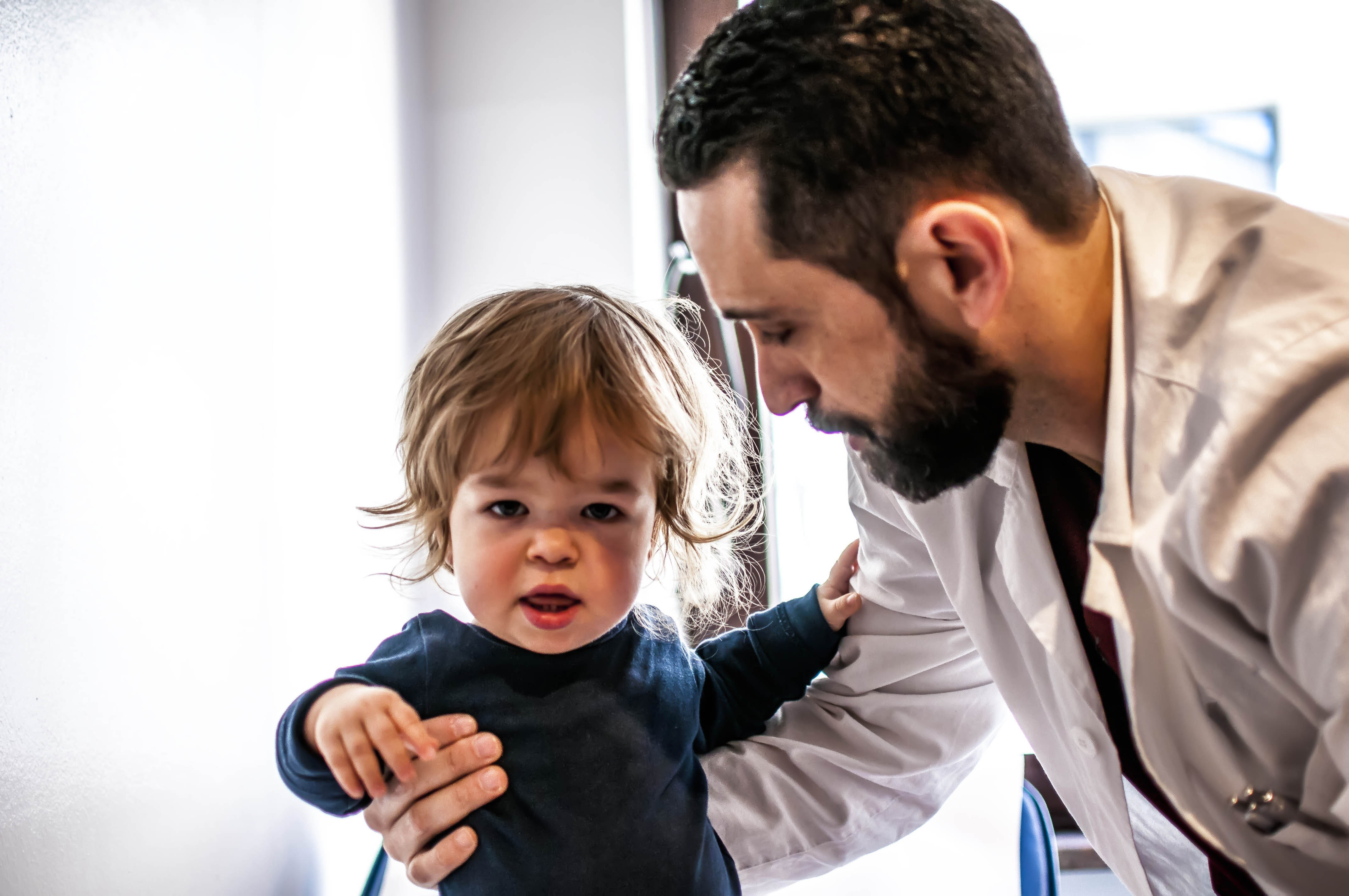Children with dwarfism could grow taller and have better health outcomes thanks to a simple daily tablet, new Australian-led research has shown.
Achondroplasia is the most common form of dwarfism, affecting about one in every 20,000 babies born in Australia.
It is caused by a genetic mutation that results in short arms and legs, an enlarged head and a regular-sized torso.
READ MORE: Push for life-saving blood tests to avoid reactions to medication
While many people with achondroplasia live long lives, it does come with health risks including spinal cord compression, sleep apnoea, upper respiratory blockages and recurrent ear infections.
Children with achondroplasia are 50 times more likely to die before the age of five than their peers.
In the new international study led by the Murdoch Children's Research Institute, 72 children aged between three and 11 from Australia, the UK, the US, Spain, France and Canada were given a daily dose of the drug infigratinib.
The medication was found to increase their growth by 2.5 centimetres a year for up to 18 months, increasing overall height and improving the upper-to-lower-body segment ratio.
While there were some minor side effects from the medication, none of the children had serious reactions to the drug.
"Our new study found that infigratinib is a safe and effective drug that increases growth in children with achondroplasia and could meet a need for an oral medication for those with this condition," Professor Ravi Savarirayan said.
"This is especially important for those children who can't tolerate daily injections."
READ MORE: Price of 'cutting edge' diabetes treatment slashed for millions of Aussies
Currently, the only treatment approved to treat achondroplasia in Australia is vosoritide, which was added to the Pharmaceutical Benefits Scheme last year.
It improves bone development and growth, but requires a daily injection.
Further research is now under way into the safety and effectiveness of the new pill, including looking at whether it can help those under the age of three.
The full results of today's study have been published in the New England Journal of Medicine.



